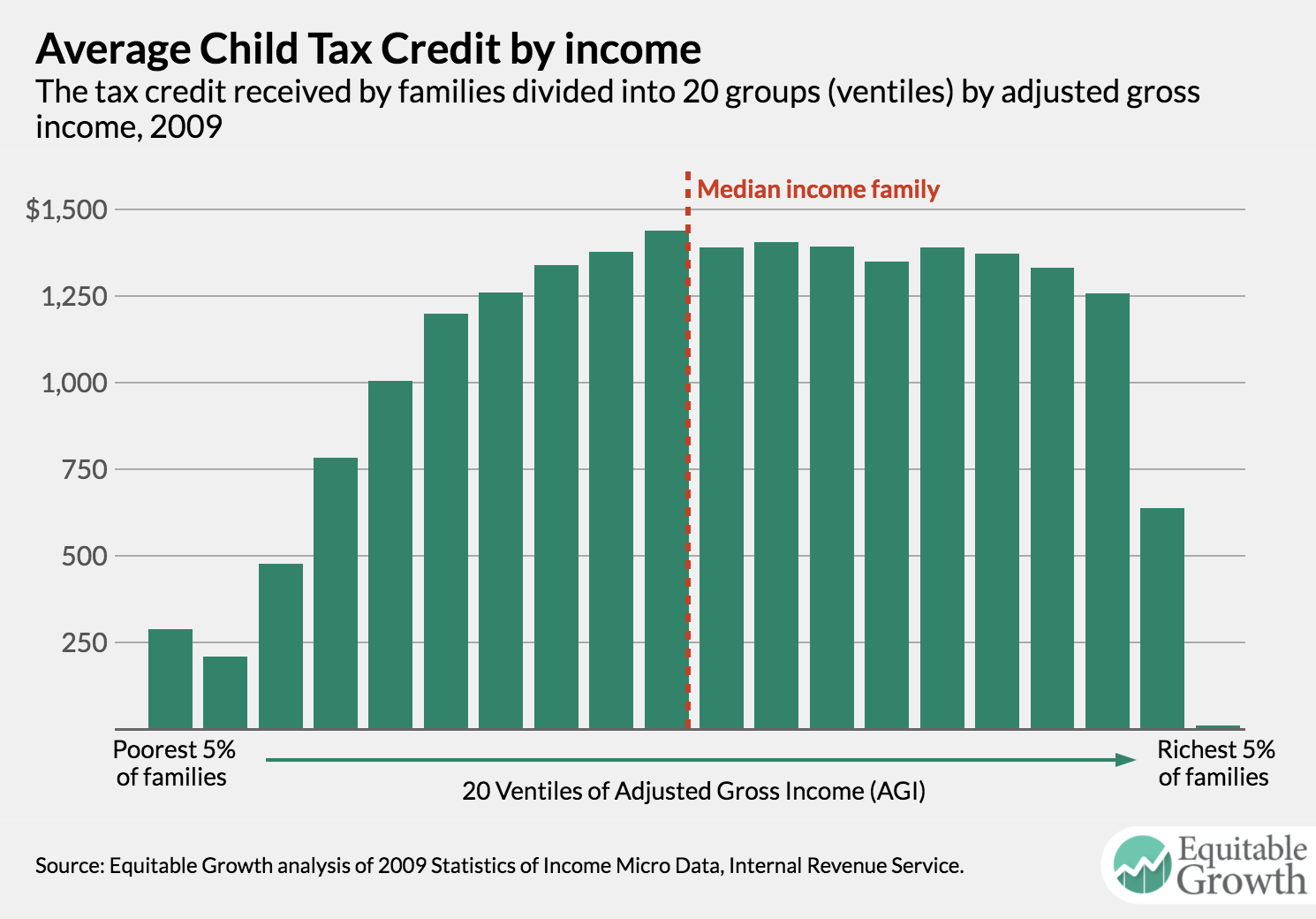Weekend Reading: “Are the kids alright?” edition
This is a weekly post we publish on Fridays with links to articles that touch on economic inequality and growth. The first section is a round-up of what Equitable Growth published this week and the second is the work we’re highlighting from elsewhere. We won’t be the first to share these articles, but we hope by taking a look back at the whole week, we can put them in context.
Equitable Growth round up
Over the past two and a half decades, the U.S. female labor participation rate has stagnated and then declined just as the cost of childcare began to rise. Are the two trends related? It seems like it: New research estimates that rising childcare expenditures resulted in a 5 percent decline in the total employment of women, and a 13 percent decline in the employment of mothers with kids under the age of five.
Speaking of childcare, Equitable Growth released an issue brief examining the Child Tax Credit, which is currently the second-largest provision in the U.S. tax code benefiting families with kids (after the Earned Income Tax Credit). We demonstrate that the CTC is progressive across the income distribution except for one large hole: The tax credit doesn’t provide any benefits to the poorest families (and provides less than full benefits for low-income families).
We take a closer look at President-elect Trump’s paid leave proposal. While it is a step up from current federal policy (which is limited to 12 weeks of unpaid leave), it excludes men and non-parental caregivers, both of which could worsen the gender pay gap and hurt families that depend on women’s pay.
The U.S. bureau of Labor Statistic released new data on the U.S. labor market during the month of November. We compiled five graphs highlighting trends in the data.
Links from around the web
The New York Federal Reserve is warning that rising delinquency rates for subprime auto loans pose a “significant concern.” Subprime auto debt continues to grow, and today six million individuals are at least 90 days late on their auto loan payments. [liberty street economics]
The wealth discrepancy between black and white families is the highest it has been since the 1980s, but things are even worse in U.S. cities, writes Gillian B. White of The Atlantic. In Washington, D.C., the median white family has 81 times as much wealth as the median black family. [atlantic]
As we consider the potential impact of the repatriation of U.S. corporate profits held abroad, Alexandra Scaggs provides some clarification on what that means—and what really matters—for domestic and foreign markets. [ft alphaville]
Does lower pay mean smaller raises? Not necessarily. The Atlanta Fed’s John Robertson looks at wage growth across the income spectrum. [macroblog]
Economists usually assume that supporting institutions within advanced economies do not change over time, especially in response to economic shifts. But the past decade has taught policymakers that the legitimacy of institutions matter. Ryan Avent writes that the dismal science must come to grips with how little it understands society. [free exchange]
Friday Figure

From “A Child Tax Credit primer.”

